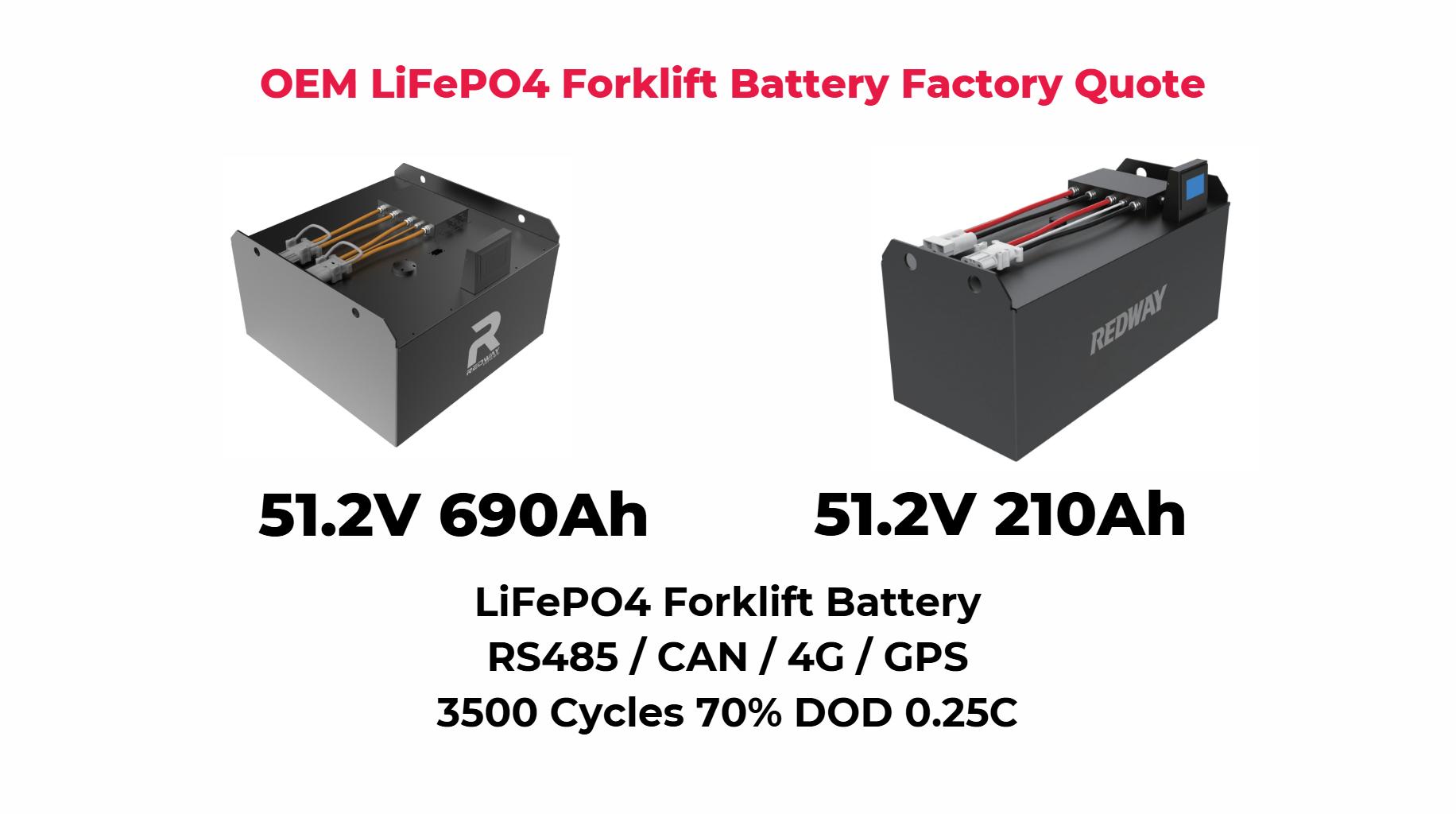
What Are the Key Applications of Specialty LiFePO4 Batteries?
Specialty LiFePO4 batteries are increasingly recognized for their versatility and safety across various applications, including electric vehicles, renewable energy systems, and specialized equipment like server racks. This article explores key applications such as heated LiFePO4 batteries, custom server rack batteries, and the comparison between Li-ion and LiFePO4 technologies.
What Are Heated LiFePO4 Batteries?
Heated LiFePO4 batteries are lithium iron phosphate batteries equipped with integrated heating elements to maintain optimal operating temperatures in cold environments. This technology ensures reliable performance and prevents capacity loss during low-temperature conditions, making them suitable for applications in extreme climates, such as electric vehicles and renewable energy systems. Heated LiFePO4 batteries are designed to maintain optimal operating temperatures in cold environments, ensuring consistent performance:
- Applications: Ideal for use in regions with harsh winters or during winter sports activities.
- Benefits: Prevents performance degradation due to low temperatures, making them reliable for critical applications.
Chart: Performance Comparison of Heated vs Non-Heated LiFePO4 Batteries
| Feature | Heated Battery | Non-Heated Battery |
|---|---|---|
| Operating Temperature | -20°C to 60°C | 0°C to 60°C |
| Performance | Consistent power output | Reduced capacity in cold |
How Do LiFePO4 Batteries Compare to Li-ion?
LiFePO4 batteries differ from standard lithium-ion (Li-ion) batteries primarily in safety, lifespan, and thermal stability. LiFePO4 offers a longer cycle life (up to 6,000 cycles), enhanced safety with minimal risk of thermal runaway, and lower energy density compared to Li-ion batteries, which provide higher energy density but may have shorter lifespans. When comparing LiFePO4 batteries to Li-ion batteries, several key differences emerge:
- Safety:
- LiFePO4 has a lower risk of thermal runaway, making it safer.
- Li-ion can pose risks if not managed properly.
- Cycle Life:
- LiFePO4 batteries typically last longer (2000-8000 cycles) compared to Li-ion batteries (300-1500 cycles).
- Energy Density:
- Li-ion batteries generally offer higher energy density, making them suitable for applications where space is limited.
What Are the Benefits of Rack Mount Lithium Ion Batteries?
Rack mount lithium-ion batteries offer benefits such as efficient space utilization in data centers and telecommunications, easy scalability for increased power demands, and quick access for maintenance. Their modular design allows for flexible configurations while providing reliable backup power for critical systems. Rack mount lithium ion batteries provide several advantages:
- Space Efficiency: Designed to maximize vertical space in commercial setups.
- Modular Design: Allows for easy expansion as energy needs grow.
- High Capacity Options: Supports large-scale energy storage applications.
What Is a Custom Server Rack Battery LiFePO4?
A custom server rack battery LiFePO4 is a tailored energy storage solution designed specifically for server racks. These batteries provide reliable and efficient power backup, optimized for the unique power requirements of data centers, ensuring uninterrupted operation while maximizing space and enhancing safety features. A custom server rack battery LiFePO4 is tailored specifically for data centers and IT infrastructure:
- High Reliability: Ensures uninterrupted power supply to critical systems.
- Scalability: Can be customized based on specific power requirements.
- Efficiency: Offers high cycle life and low self-discharge rates.
How Are Low Voltage Applications Supported by LiFePO4 Batteries?
LiFePO4 batteries support low voltage applications by providing stable voltage output and high discharge rates at lower voltages (e.g., 12V or 24V). Their lightweight design and long cycle life make them ideal for applications like RVs, solar energy systems, and portable devices where reliable power is essential. LiFePO4 batteries are ideal for low voltage applications due to their stable performance:
- Home Energy Storage Systems: Store excess energy generated from solar panels.
- Portable Electronics: Provide reliable power for devices like laptops and smartphones.
- Electric Vehicles (EVs): Used in low-speed electric vehicles where safety and longevity are crucial.
What Are the Advantages of Using Specialty LiFePO4 Batteries?
Specialty LiFePO4 batteries offer advantages such as enhanced safety features, longer cycle life, and tailored designs for specific applications. They provide reliable performance in demanding environments, reduced weight compared to traditional batteries, and better thermal stability, making them suitable for various uses including electric vehicles and renewable energy systems. Specialty LiFePO4 batteries offer numerous advantages:
- Safety Profile: Lower risk of fire or explosion compared to other lithium chemistries.
- Long Cycle Life: Reduces replacement costs over time.
- Environmental Impact: More eco-friendly due to less toxic materials used in production.
Expert Views on Specialty LiFePO4 Applications
“Specialty LiFePO4 batteries are revolutionizing various industries with their safety and efficiency,” states an industry expert. “Their adaptability makes them suitable for everything from electric vehicles to renewable energy systems.”
Frequently Asked Questions About Specialty LiFePO4 Batteries
- What is the typical lifespan of a specialty LiFePO4 battery?
A specialty LiFePO4 battery can last between 2000 to over 8000 cycles depending on usage and maintenance. - Can I use heated batteries in my electric vehicle?
Yes, heated batteries can enhance performance in cold climates by maintaining optimal temperatures. - How do I know if my battery needs replacing?
Signs include decreased performance, longer charging times, or physical damage to the battery casing.
